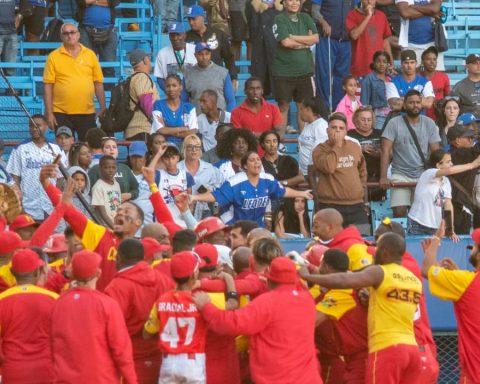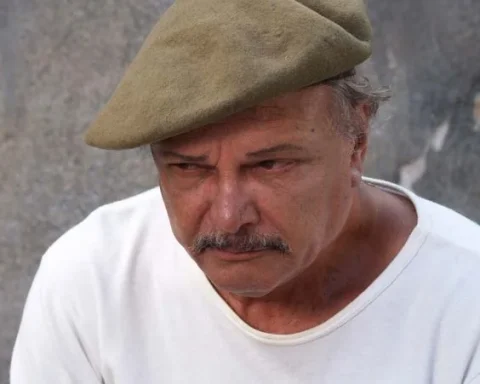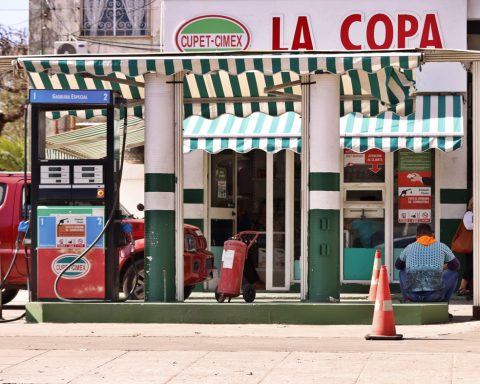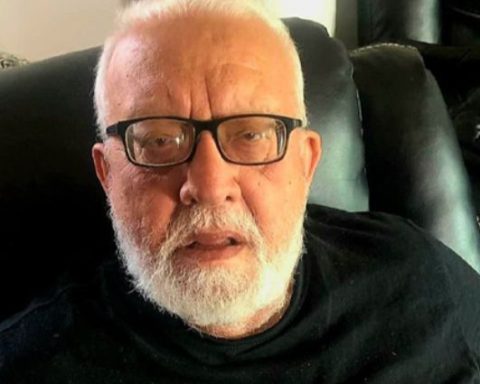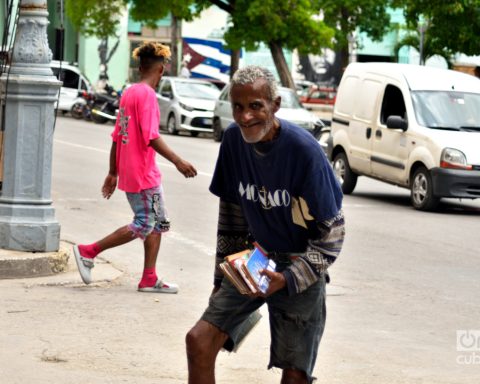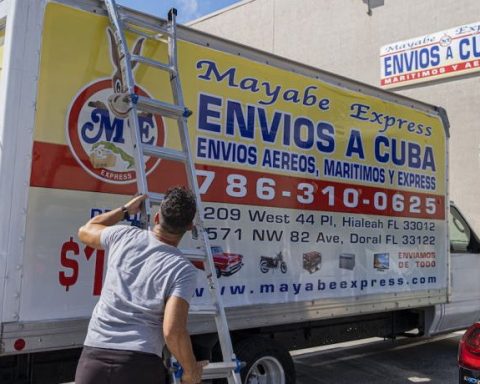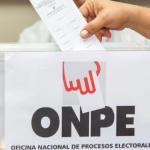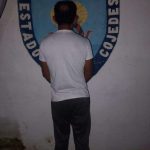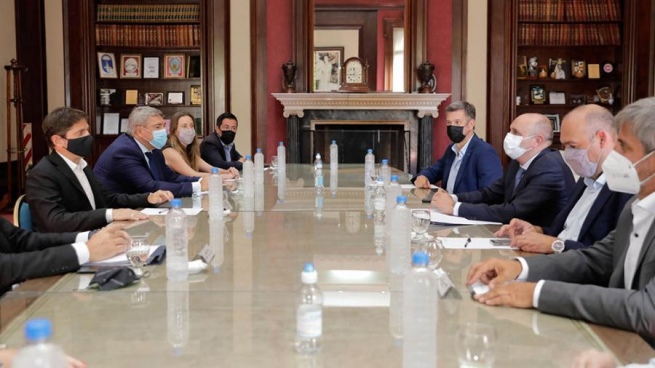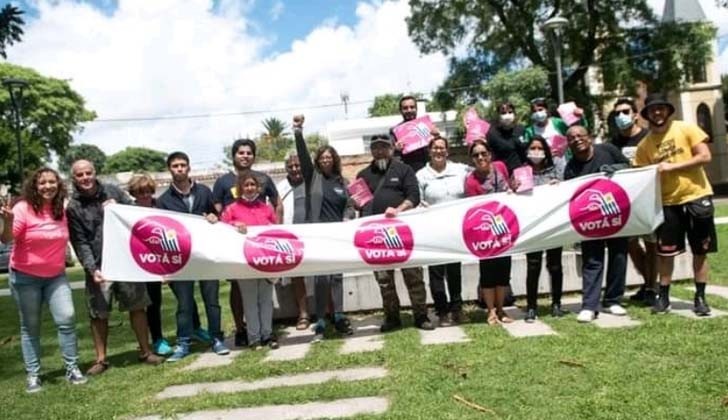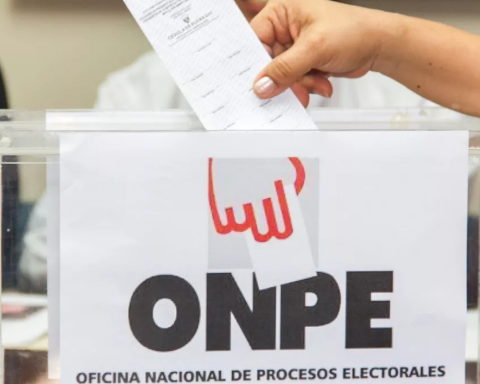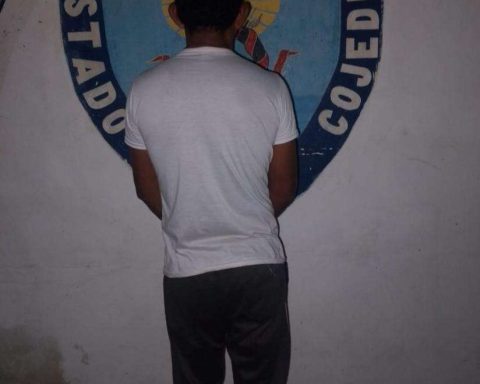Nobody questions that Iván Felipe Silva (January 8, 1996) is one of the best Cuban judokas today. In fact, the exponent of 90 kilograms was the best placed by our army in the very strong Grand Slam in Paris, in which he finished in seventh place, with a balance of two wins and as many failures.
The man from Matanzas is determined that this is his cycle of definitive consecration in the elite of a category of the strongest and couples in the last two decades; after a Tokyo Olympics tournament in which he did not do well at all, and a year 2021 from which he prefers to draw lessons from negative experiences.
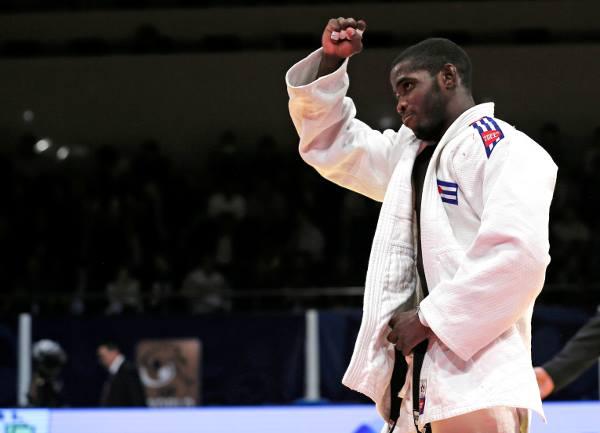
Now, in the impasse between the Parisian contest and the Tel Aviv Grand Slam in which 309 judokas from 34 nations will enter, Silva analyzes each fight, each minute of their respective fights from the physical, technical and tactical. And in one of those reflexive days, thousands of kilometers away, he agreed to talk with Cuba Yes:
—How did the level of the division behave in Paris taking into account its notorious usual quality?
—Paris is a tournament that over the years qualifies as one of the strongest and most prestigious on the World circuit. Despite the fact that this time not all the best of the elite were present (24 athletes competed), as the organization chart progresses, quality is concentrated.
“That does not detract from the level at all. The medalists are the ones who generally discuss the places of honor in the main tournaments, which means that they are establishing themselves as figures of respect in the division.
—Did excessive fatigue surface in the first tournament of the season and after a long break? Fundamentally in a fight extended to more than 11 minutes …
—I think that in Cuba we did a fairly acceptable general physical preparation stage, adjusted to the stage we were facing and the fundamental objectives we pursued, which are first the Pan American Championship, and then the World Cup.
«Logically, you have to enter these level tournaments, which are the ones that give the most development, not only to us, but to judokas from all latitudes. Certainly in the end the tiredness came out, the lack of randoris (sparring as a couple), the absence of a specific pre-competitive preparation… but I felt pretty good, despite not being in the best conditions to measure myself against high-quality athletes.
«That same extended combat, quite a golden rule, provided good experience, not only in the physical component that we knew would not be 100%, but especially in the tactical plane, taking into account the characteristics of that rival and the other Europeans faced » .
—After this first experience, how is the recovery of the shoulder going?
“Thank God I feel in excellent shape in that regard.” Strengthening, all recovery processes have been satisfactory. In fact, I practically don’t think about it, and I’ve even been incorporating techniques from the shoulder group again, a sign that everything has flowed well.
—How useful are the training camps before or after each tournament on the World Tour circuit?
—That is the main thing, even sometimes as much or more than the tournament itself. Confronting and bumping into the best in the world, making randoris With those young athletes, highly developed and demanding, they demand maximum effort from you.
«There is no referee in those sessions, but it is what is most used in terms of testing and incorporating new techniques, measuring their effectiveness. There are even several cases of athletes who give themselves the luxury of not competing in a certain event and come exclusively to take advantage of the training camps and study opponents.
—How have you dealt with the body weight issue at the start of the campaign?
—It is something that always costs, and more after months without competing and with a progressive preparation regimen, without such high demands. In addition, I have been in the 90-kilogram division for several years now. It’s about focusing, being very clear about the goals I’m pursuing, and a lot of sacrifice. I could have changed the division at this beginning of the cycle, but I consider that my main possibilities are still in the 90 kg, without having ventured into the 100, but I can do it well, with sacrifice, behaving like a professional and trying to reach the competitions in the best shape and as close to exact weight as possible.
“When you see that you physically cannot, or the medical tests show a negative result in that sense, then the time for change will come. For now I feel good in the 90 kilograms.
—What elements could you improve in your judo system to definitively reinsert yourself in the elite of your category?
—Without a doubt, there is always a lot to improve. Even the best judokas in the world do it: incorporate new techniques, seek the greatest effectiveness with those that we master best. The same thing happens in my case, I try to add new work systems that make me more complete and difficult to defeat.
«The athletes are getting to know you after several years facing each other. They study you, they know what you base your system on, but above all I consider that the best way to be fully in the elite is to work, that constant ambition to increase work capacity, and make it inserted in this European circuit. This season that we spend here is always very profitable, not only for me but for the rest of the team as well.”
—According to your potential, judoca equal or better in the tachiwaza?
—Without a doubt I feel safer and most of my verdicts, successful or not, occur in the tachiwaza. Not only in my case, or in my competitive balance. I think most athletes are much more efficient in standing combat. There are very few elite judokas, counted on the fingers of their hands, who have a powerful job in newaza and they use it with athletes who have a level equal to theirs.
«In the last tournaments, let’s say that practically of the last 80 or so fights that I have celebrated, I have only lost one or two in the newaza; and I have won very few that way too. Normally the difference is seen at the level of the mattress between high-level athletes compared to others of medium or low level; or that she is a high-level athlete, like the 78 kg from Japan, who is truly outstanding in the newaza.
«Normally the vast majority of judokas are better in standing combat; to which we must add that in Cuba we work little on techniques in conditions of newaza actual or competitive. I think we need to pay more attention to this part of our judo system, even as a team in general.”
Iván Silva is clear about his aspirations, he reviews them and thinks every time he adjusts the judogis, either to train, or to face the rockiest of rivals. He currently ranks 22nd in the world ranking of his division with 1,560 points; the best positioned on this side of the Atlantic, and distant from the Uzbek Davlat Bobonov (5,764 units).
He intends to redeem himself in this 2022, after a previous year in which in the international arena he exhibited a balance of one victory and four setbacks. Before, between 2017 and the Olympic year, they provided him with respective balances of: 8-3 in 2017 for 72.7% effectiveness; 23-7, and 76.7% the following year; 2019 saw him fight for 36-12 and 75%, some 12 months of considerable intensity, while in 2020 he would emerge with 10-3 for 76.9%.
Silva in Tel Aviv had to be accompanied by the females Aleanny Carbonell (48), Melissa Hurtado (52), Arnaes Odelín (57), Maylín del Toro (63), Idelannis Gómez (70) and Thalía Nariño (over 78); while the male cast would be completed by Julio Delgado (60), Orlando Polanco (66), Héctor San Román (73), Yasel Baeza (81) and Andy Granda (more than 100), as part of a renewal process by which cross both armadas.
In the tatami Israelis, the Greater Antilles will be the second most represented country in Latin America and the Caribbean with 12 troops, escorted by Brazil (18); and ahead of Venezuela (five), the Dominican Republic (two), Chile (one) and Colombia (one). Let’s wait to see if they perform better than ours in the light city.
